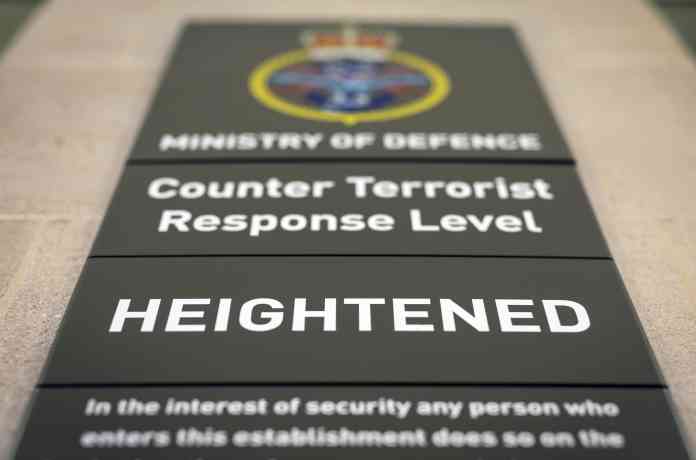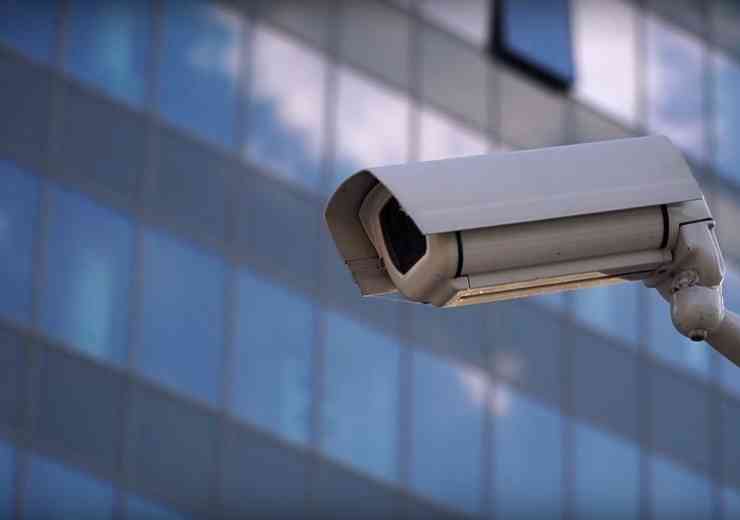
Countering terrorism is an intelligence war
Knowing your enemy is critical to stopping terrorism, says Philip Ingram ahead of the UK Security Expo, which returns on 29-30 November at London’s Olympia
In The Art of War Sun Tzu wrote: “If you know the enemy and know yourself, you need not fear the result of a hundred battles. If you know yourself but not the enemy, for every victory gained you will also suffer a defeat. If you know neither the enemy nor yourself, you will succumb in every battle.”
The difficulty with battling terrorists is that, like insurgents, they operate from within the community. Insurgents tend to be part of a group with some form of articulated aim and may use terrorist tactics and carry out acts of terror, whereas extremist terror in many cases is based on a warped interpretation of an ideology and can operate out with a group structure – the lone wolf concept.
There are 3 types of terrorist in the UK: International, northern Irish and domestic. According to the MI5 website: “Terrorist groups use violence and threats of violence to publicise their causes and to achieve their goals. They often aim to influence or exert pressure on governments and government policies but reject democratic processes, or even democracy itself.
It goes on to say about domestic terrorists, “They may seek to change legislation or influence domestic policy and try to achieve this outside of the normal democratic process. For the most part, they pose a threat to public order but not to national security and are investigated by the police, not MI5.”
Adding to the difficulty in dealing with terrorism is the rule of law approach to policing so critical to policing in modern democracies. Dealing with people and organisations who, by their very existence, are operating outside the law can prove challenging to say the least.
However, this means that in identifying, tracking and disrupting potential terrorists the rules of necessity and proportionality must be applied to all intelligence operations with the aim of the police to protect public safety and at the same time gather sufficient evidence to prosecute. This makes monitoring terrorists extremely difficult and can come into conflict with the ability to penetrate terrorist networks in the way they were in Northern Ireland.
Local intelligence
Most police forces now have an intelligence led policing model through the National Intelligence Model or NIM. This was defined in 2003 by Professor Nick Tilley as ‘developing and maintaining a detailed and up-to-date picture of patterns of crime and criminality in order to intervene in it most effectively to disrupt networks and remove prolific offenders’. This works where there is a network and activity to monitor but proves challenging when dealing with ‘lone wolf’ attacks or ‘clean skin’ attacks.
Counter terror policing is organised in such a way as to tap into the local intelligence available in regional constabularies but bring it together in a more rapid way across the country. This is done through the National Counter Terrorism Policing Headquarters is hosted by the Metropolitan Police and has five regional counter terror units (CTUs) and six regional Counter Terrorism Intelligence Units (CTIUs).
These are all resourced by the police forces in their respective areas and the CTIUs carry out primarily intelligence gathering operations. This is bottom up intelligence gathering from within areas and communities and is critical to the success of any counter terror operation.
Intelligence is the key to identifying potential terrorists and to disrupt their activities before they get the opportunity to execute their attack. The difficulty is that the terrorism we are now seeing is not building up patterns in communities nor are the activities of the terrorists who have carried out successful attacks, done anything to cause themselves to tip over the evidential bar and get arrested. The police ACT (Action Counters Terrorism) programme is designed to maximise the low-level information reported to try and fill this gap, using the very real knowledge of communities themselves.
More active intelligence gathering by the police only really happened in Northern Ireland when dealing with both republican and loyalist terrorists but the dangers of such actions are clear in an ongoing case where an ex-senior loyalist terrorist, Gary Haggarty, who pleaded guilty to over 200 charges including five murders has offered to give evidence against several former police officers he's accused of collusion while he was working as an informer from 1993-2004. Where is the ‘rule of law’ line drawn when running agents who are active terrorists?
The world of intelligence is often referred to as ‘murky’ but it is the frontline defence we have against modern terrorism. As terrorists become more able to operate alone through internet enabled training, finding them is becoming harder. Are we doing enough? Are our police intelligence methodologies good enough?
The UK Security Expo
These questions and more will be examined at the UK Security Expo at London Olympia on 29-30 November. There are eight free-to-attend conferences covering major events, transport and borders, CNI, protecting crowded places, designing out terrorism and cyber security. Plus a high-level conference on Global Counter Terrorism. Major Themes include: cooperation post-Brexit, migration, Trump's America, countering radicalisation and tackling extremism, the dark web, returning Islamic State fighters, social media and engagement with extremism, counter-terrorism financing, CBRNE and IEDs threats.
Passes start at £199+vat. Counter Terror Business Readers can claim a 20 per cent discount with code UKSEC20.
digital issue




















